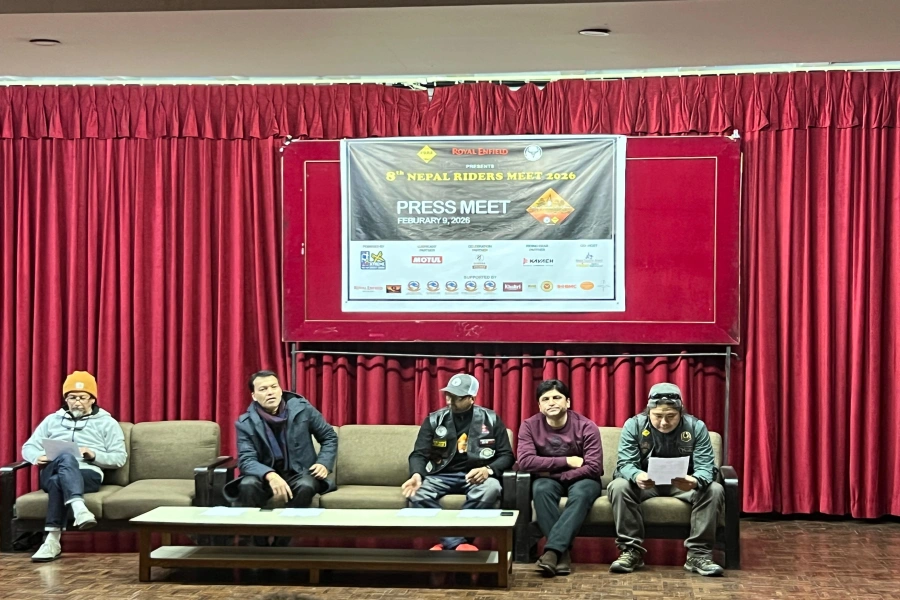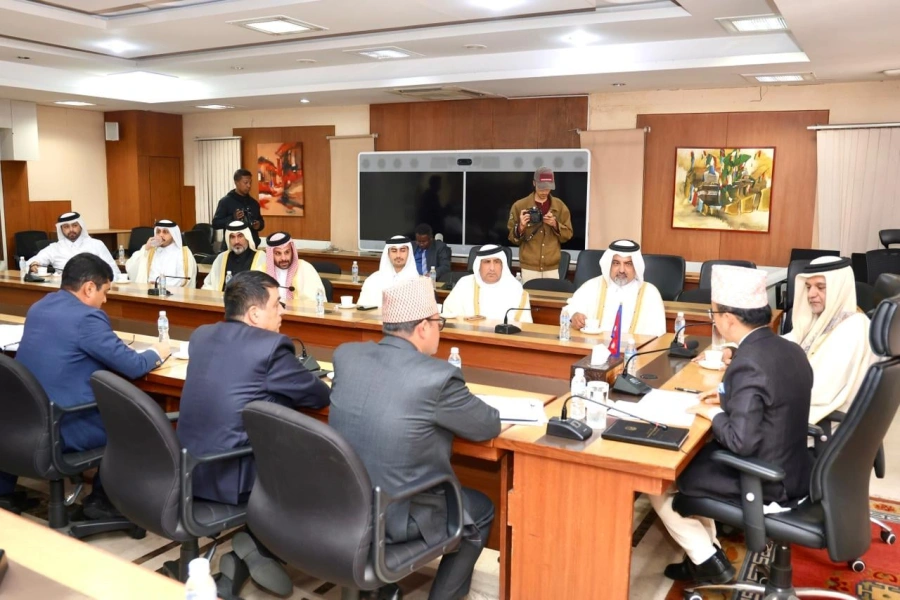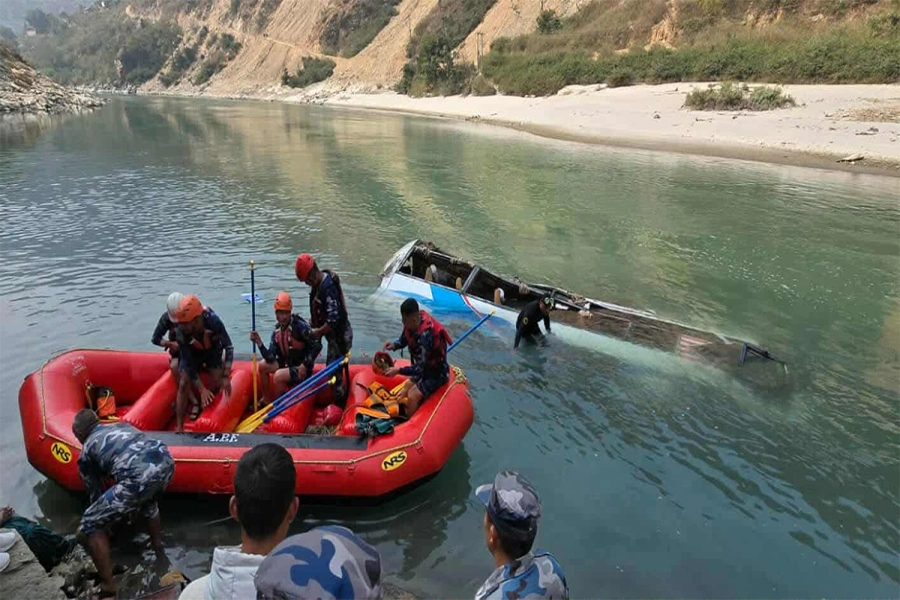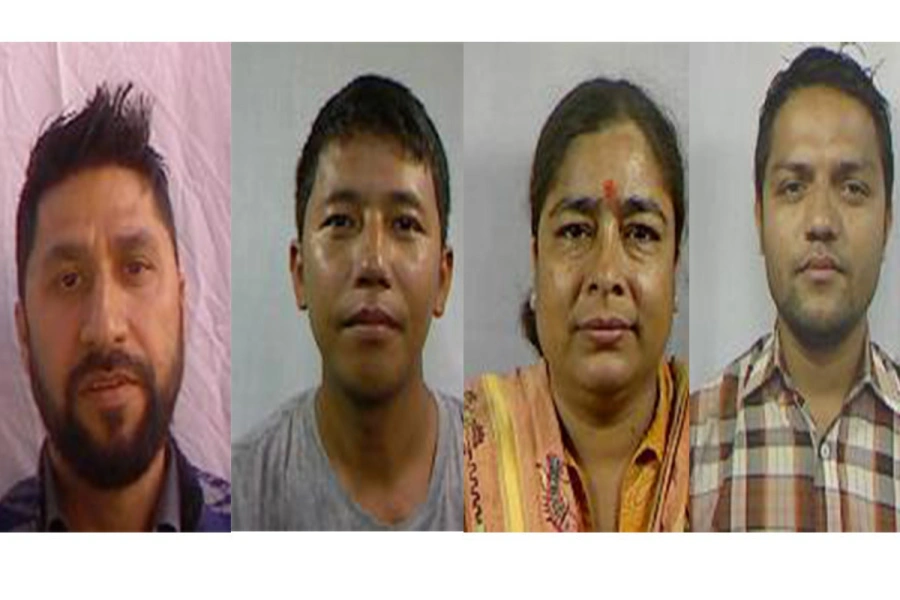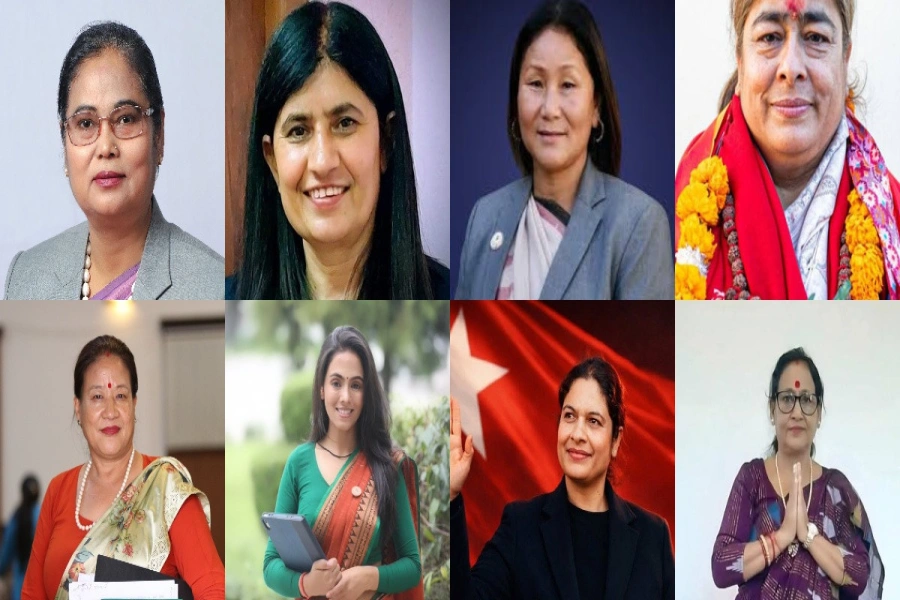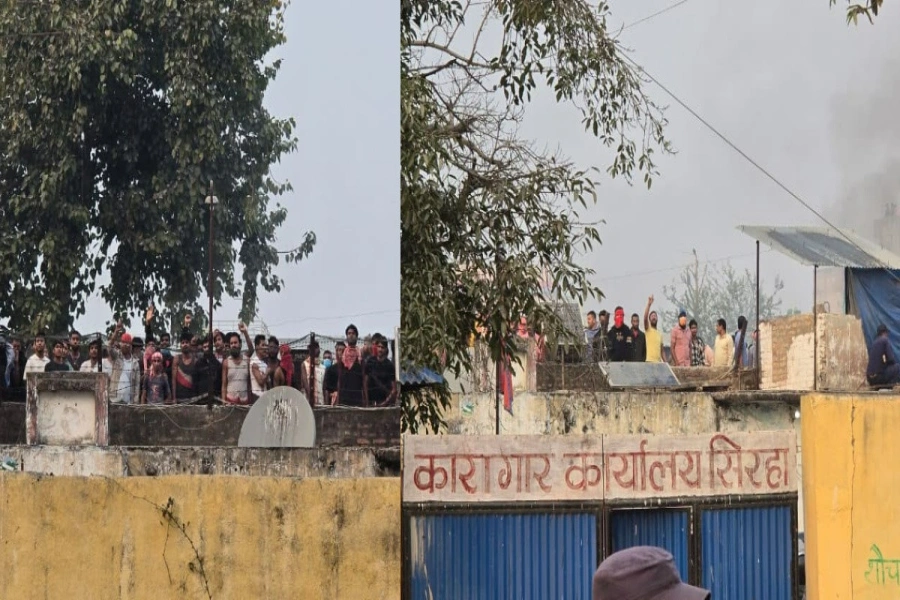Nepal declared itself a federal democratic republic seventeen years ago by abolishing a 240-year-old monarchy that put citizens at the center of decision-making, allowing them to determine the country's future and well-being through elected representatives. This transformation was brought about by continuous political upheavals, sacrifice, and popular uprisings that forced a reluctant monarch to abdicate. The Constitution of 2015 firmly rendered the state as a federal democratic republic, granting individuals rights and establishing governments at three levels: national, provincial, and local. For the first time, local administrations were granted both resources and decision-making authority. These institutions currently look after local roads, health care, education, and income creation. Marginalized communities- women, Dalits, Madhesis and indigenous groups who had previously been ignored, have acquired representation in politics and administration and have enjoyed increased access to public services. Democratic elections have been held consistently, civil society is vibrant, press freedom is guaranteed, and judiciary, while still evolving, functions independently.The monarch had wielded autocratic authority that trampled people's freedom and tried to rule through authoritarianism and repression. Political parties worked hard to maintain democracy, but the then royal palace dismissed the elected parliament, leaving democratic institutions weakened and insecure. But the 2006 people's movement, led by political parties and civil society, laid to rest the monarch’s despotic rule.
It is true that expectations from the republic have remained high. Many people are still living in poverty while a large number of young people leave the nation to seek employment abroad. Education and healthcare services are unequal and remain inaccessible to many. Corruption is unabated and rampant in government departments and other sectors, and political instability persists, with frequent changes in government. These inadequacies and anomalies have resulted in frustration. In this context, those advocating for a return to monarchy have become louder. They argue that the republic has failed and have employed street protests and social media platforms to further their objectives. All these make us aware that republicanism cannot survive on words and promises. It must reflect its value in the lives of the people. For achieving this goal, the state must offer job opportunities, improved education, and transparent, smooth and accessible governance. These are expectations that must be fulfilled for the republican system's progress.
The Trump reversal
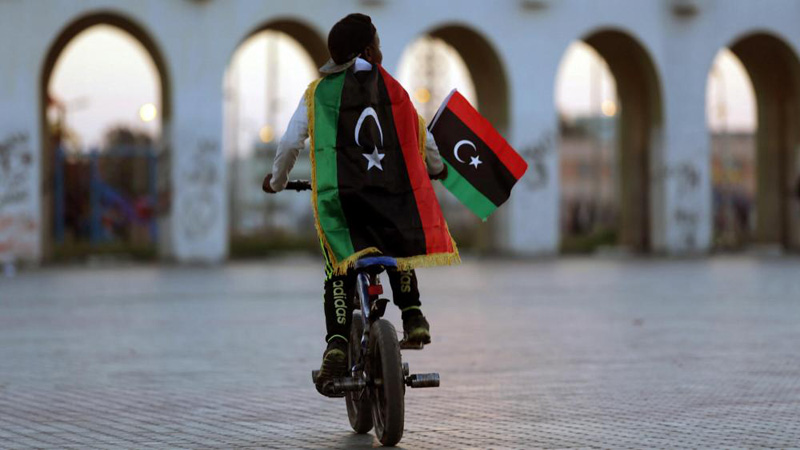
Meanwhile, political parties must move beyond rhetoric to fill citizens with confidence regarding the system’s benefits and survival. The Nepali Congress, CPN-UML, and, particularly, the Maoist Center, the erstwhile rebels who began the violent conflict in the name of republicanism, and other parties must give up abusing state power for petty political and personal gains. They must set an example by upholding the rule of law and delivering public services. Civic society must continue to preserve the democratic space. Citizens, too, must remain involved, not only as voters but also as representatives in local and national affairs. The freedom to question, protest, and organize must be guaranteed to all, even those who reject the system. Merely changing the system, from constitutional monarchy to republicanism, would not resolve the nation’s gaping problems. All stakeholders of republicanism must remember that mistakes must be corrected through reform, not from reversal to the old ways. No doubt, the republic has provided space for growth, and therefore, it should be consolidated through needful reforms. Doing so will need time, patience, and public pressure. Our republic may not have accomplished everything in these years that we have expected from it, but it has done enough to ensure progress.






